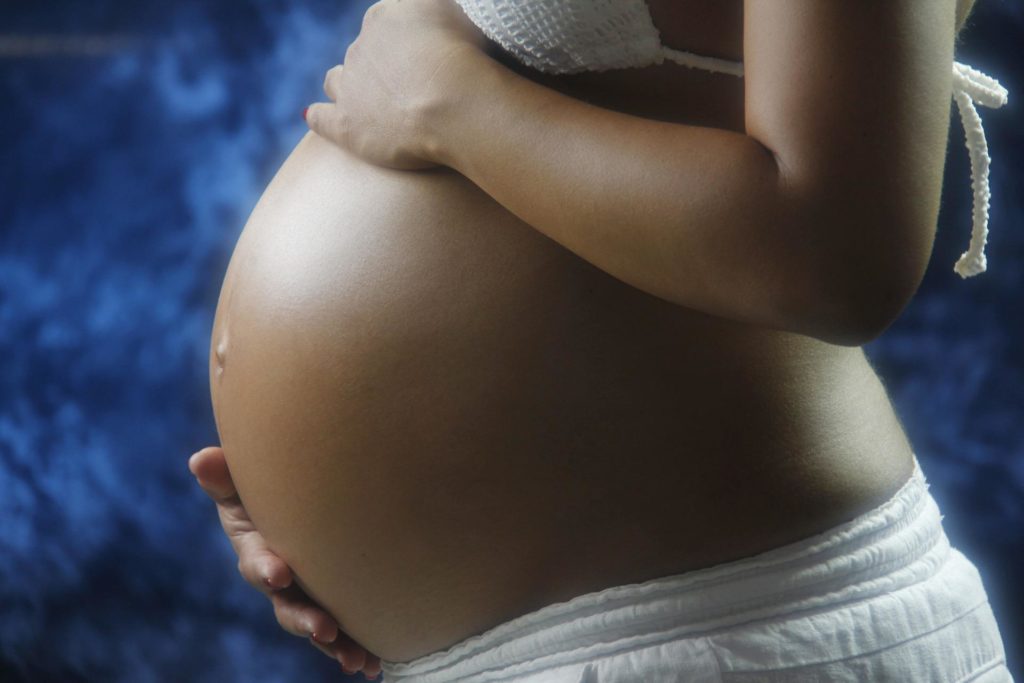
10 things that you need to know about the Autistic person in your life

“Alexithymia, also known as emotional blindness, is a neuropsychological phenomenon characterized by significant challenges in recognizing, expressing, sourcing, and describing one’s emotions. It is associated with difficulties in attachment and interpersonal relations. While there is no scientific consensus on its classification as a personality trait, medical symptom, or mental disorder, alexithymia is highly prevalent among autistic individuals ), with a prevalence ranging from 50% to 85%.”


Researchers from Columbia University Vagelos College of Physicians and Surgeons found that children born during the first year of the pandemic, including those exposed to COVID in utero, were not more likely to screen positive for autism compared to unexposed or pre-pandemic children.
“Autism risk is known to increase with virtually any kind of insult to a mother during pregnancy, including infection and stress,” says Dani Dumitriu, associate professor of paediatrics and psychiatry and senior author of the study. “The scale of the COVID pandemic had paediatricians, researchers, and developmental scientists worried that we would see an uptick in autism rates. But reassuringly, we didn’t find any indication of such an increase in our study.”
“It is important to note,” Dumitriu adds, “that the study did not examine autism diagnosis but rather the risk of developing autism as indicated by a screening questionnaire completed by the child’s parents. “It’s too early to have definitive diagnostic numbers,” she says. “However, this screening tool is predictive, and it does not indicate that prenatal exposure to COVID or the pandemic increases the likelihood of autism.”
“There has been widespread speculation about how the COVID generation is developing, and this study gives us the first hint of an answer regarding autism risk.”
Dumitriu’s team has been researching the possible impact of COVID-19-related maternal stress and maternal infection on child neurodevelopment at various stages from birth through the COMBO (COVID-19 Mother Baby Outcomes) Initiative. Children who were in the womb during the initial phases of the pandemic are now approaching the age when early signs of autism risk may become apparent.
The recent study looked at almost 2,000 children born at NewYork-Presbyterian’s Morgan Stanley Children’s Hospital and Allen Hospital from January 2018 to September 2021. The study assessed the risk of autism based on the responses from a neurodevelopment screening questionnaire that paediatricians give to parents to evaluate toddlers’ behaviour. The scores were compared for children born during and before the pandemic and children with and without in-utero exposure to COVID. All the children were screened between 16 and 30 months of age.
The researchers found no difference in positive autism screenings between children born before the pandemic and those born during the pandemic.
“COVID is still quite prevalent, so this is comforting news for pregnant individuals who are worried about getting sick and the potential impact on autism risk,” Dumitriu says.
Surprisingly, the study also found that fewer children exposed to COVID in utero screened positive for autism compared with children whose moms did not have COVID.
“We suspect that experiencing COVID during pregnancy may have affected how parents evaluated their child’s behaviours,” Dumitriu explains. “Parents who did not have COVID may have experienced higher stress due to constant worry about getting sick and being vigilant about preventing infection. This might have made them more likely to report concerning child behaviours.”
As the children age, the researchers will continue to monitor them for autism diagnoses. But based on the current results, Dumitriu thinks it unlikely that an uptick in autism related to COVID will occur.
“Children who were in the womb early in the pandemic are now reaching the age when early indicators of autism would emerge, and we’re not seeing them in this study,” Dumitriu says. “And because it’s well-known that the prenatal environment influences autism, this is highly reassuring.”
However, other impairments may emerge later, and the researchers will continue to study the children’s neurodevelopment as they age.
Several studies of infants who were in utero during previous pandemics, natural disasters, famines, and wartime have shown that other neurodevelopmental conditions, potentially triggered by the stressful environment, can emerge in adolescence and even early adulthood.
“We need to recognize the distinct experiences and environment of children born during the pandemic, including parental stress and social isolation. We should continue to monitor them for potential developmental or psychiatric differences,” said Morgan Firestein, the study’s first author and an associate research scientist in psychiatry.